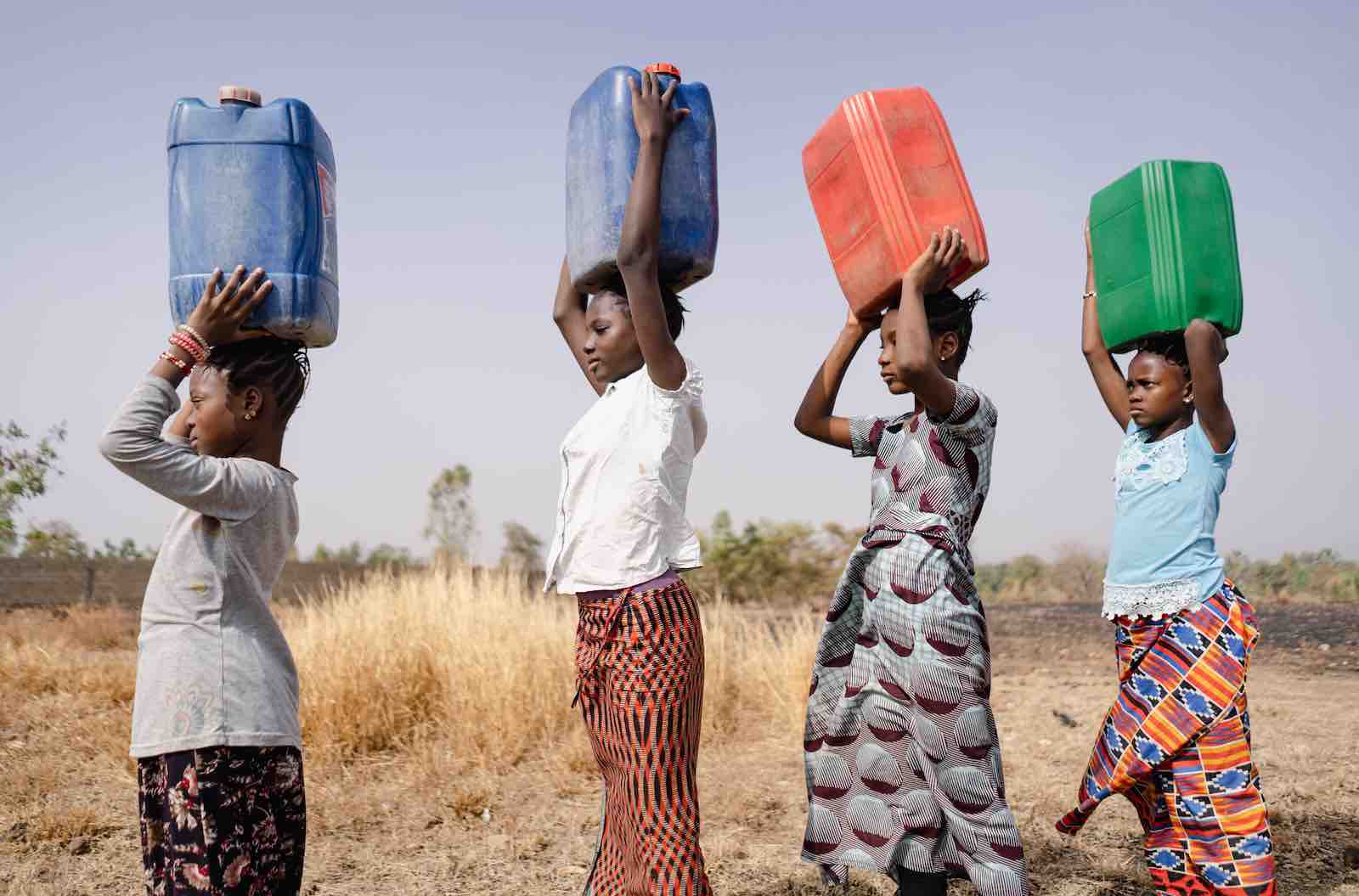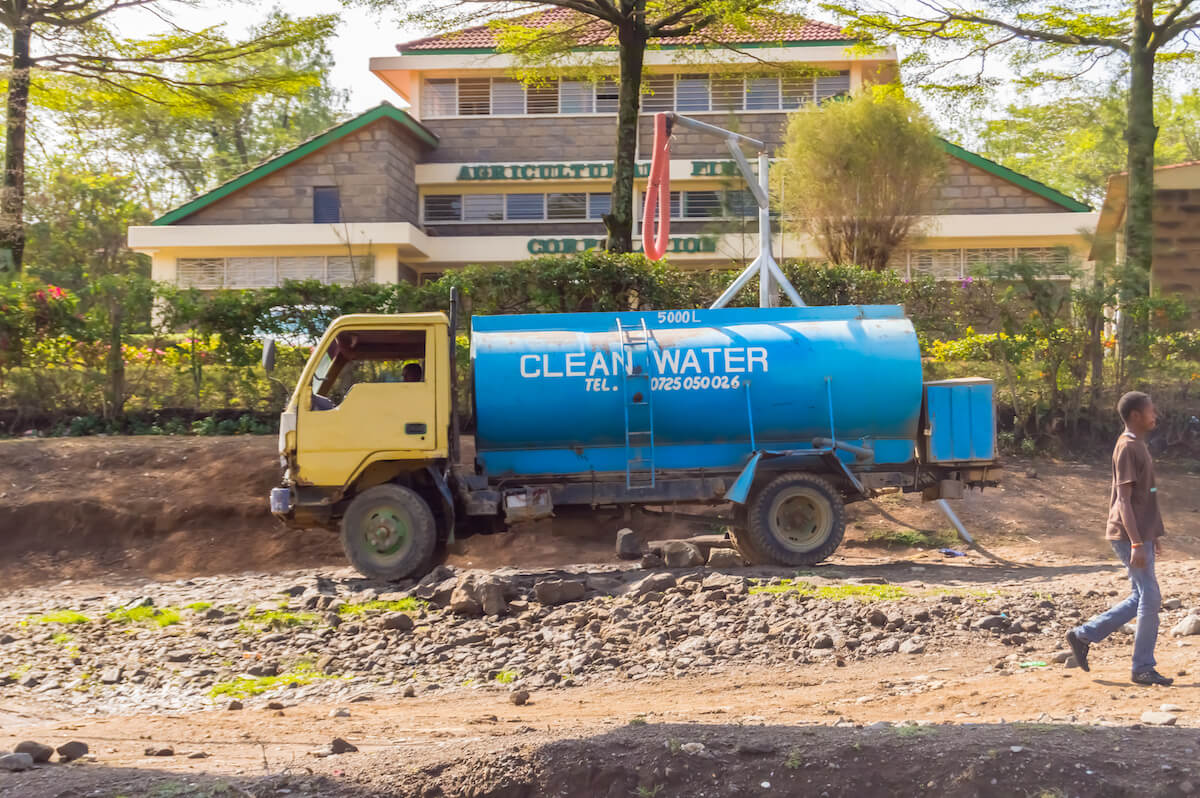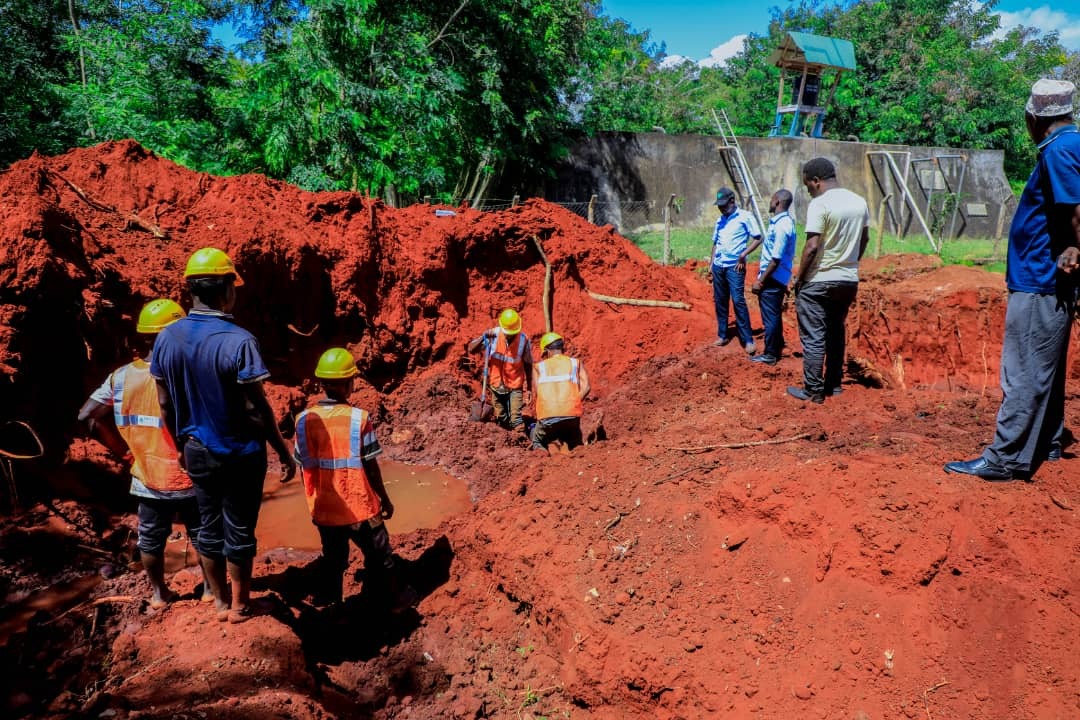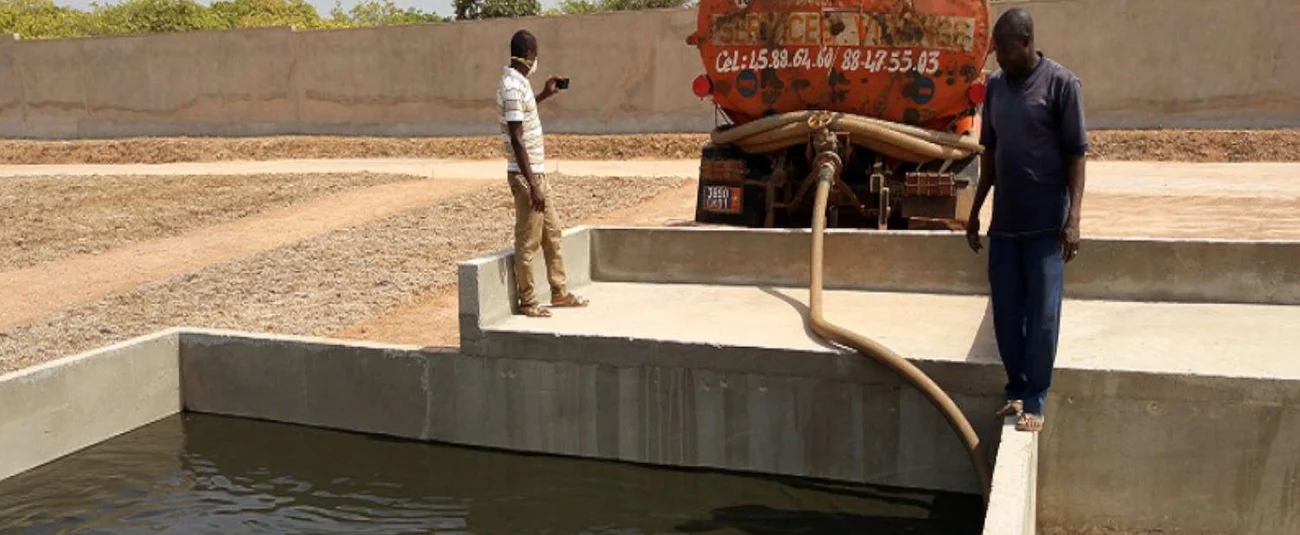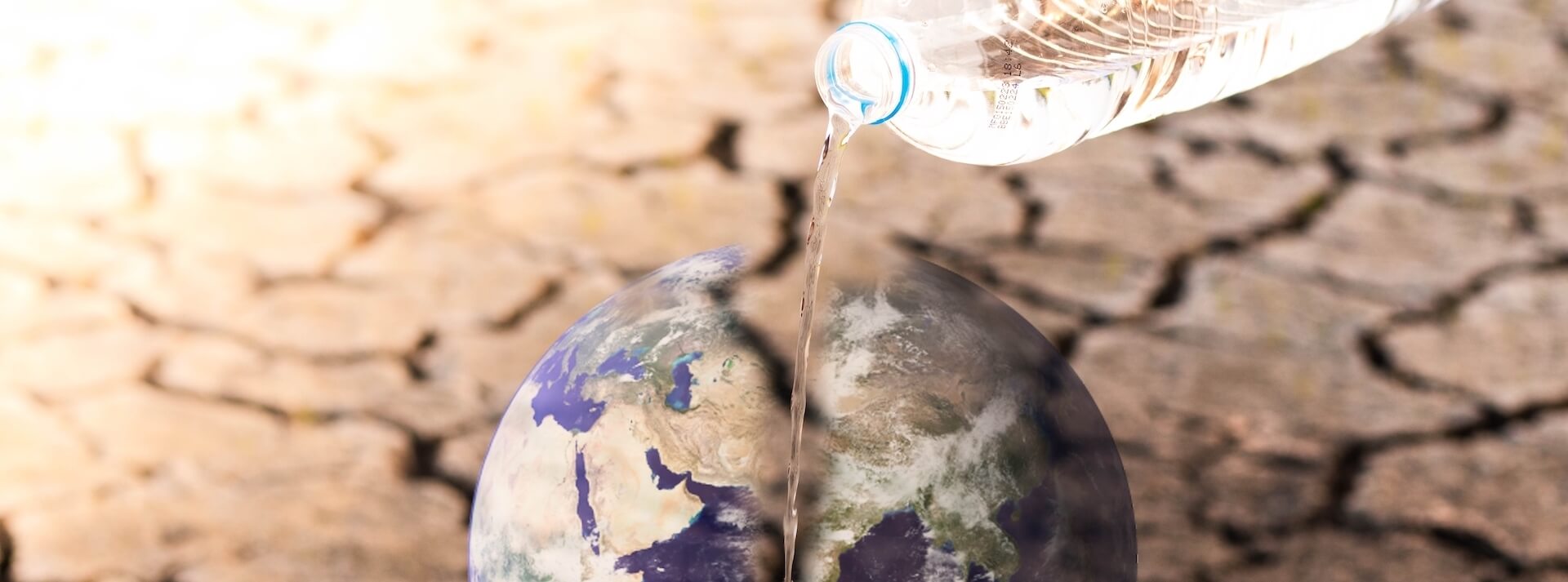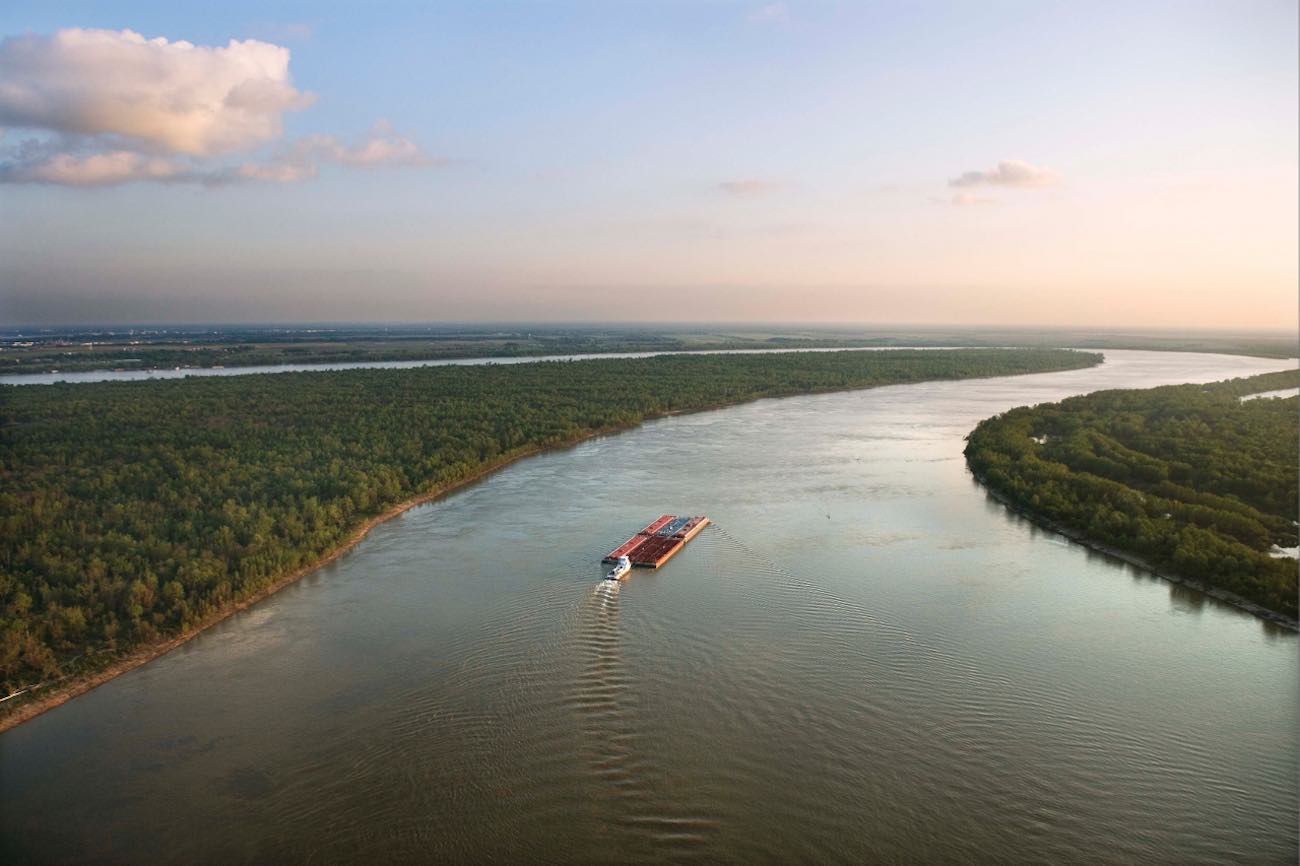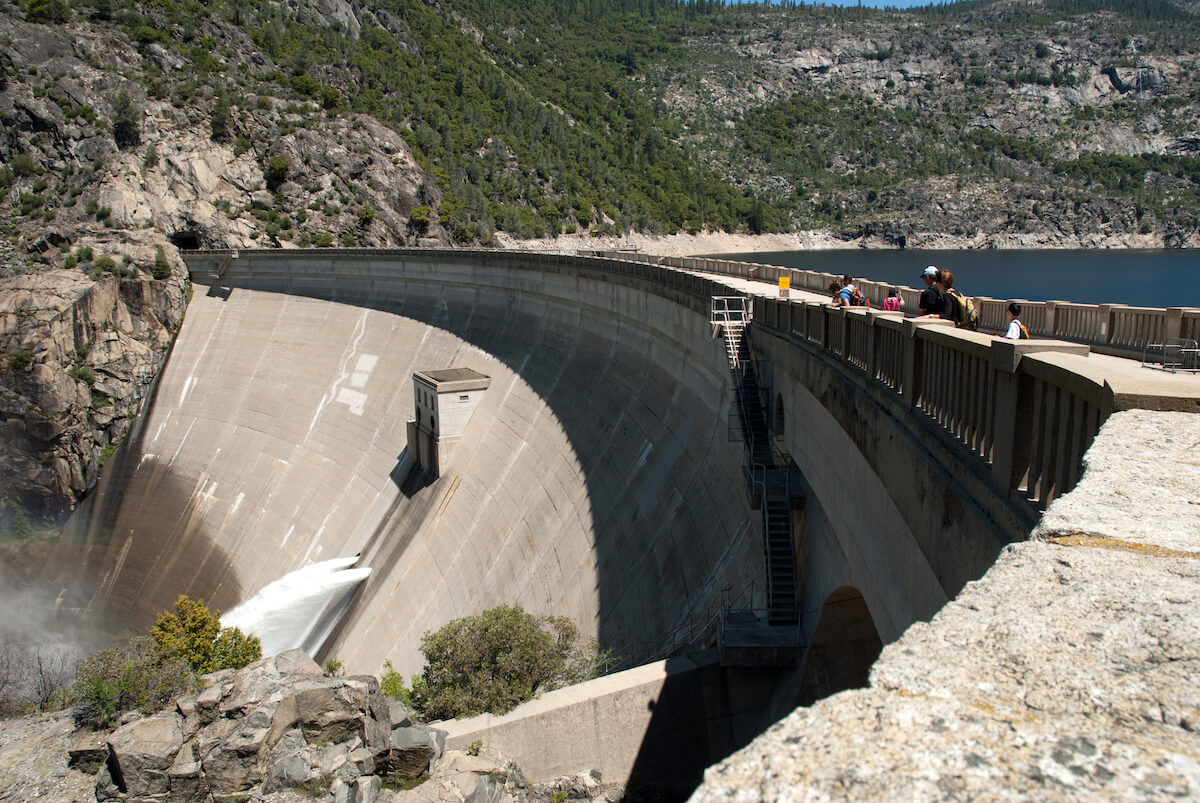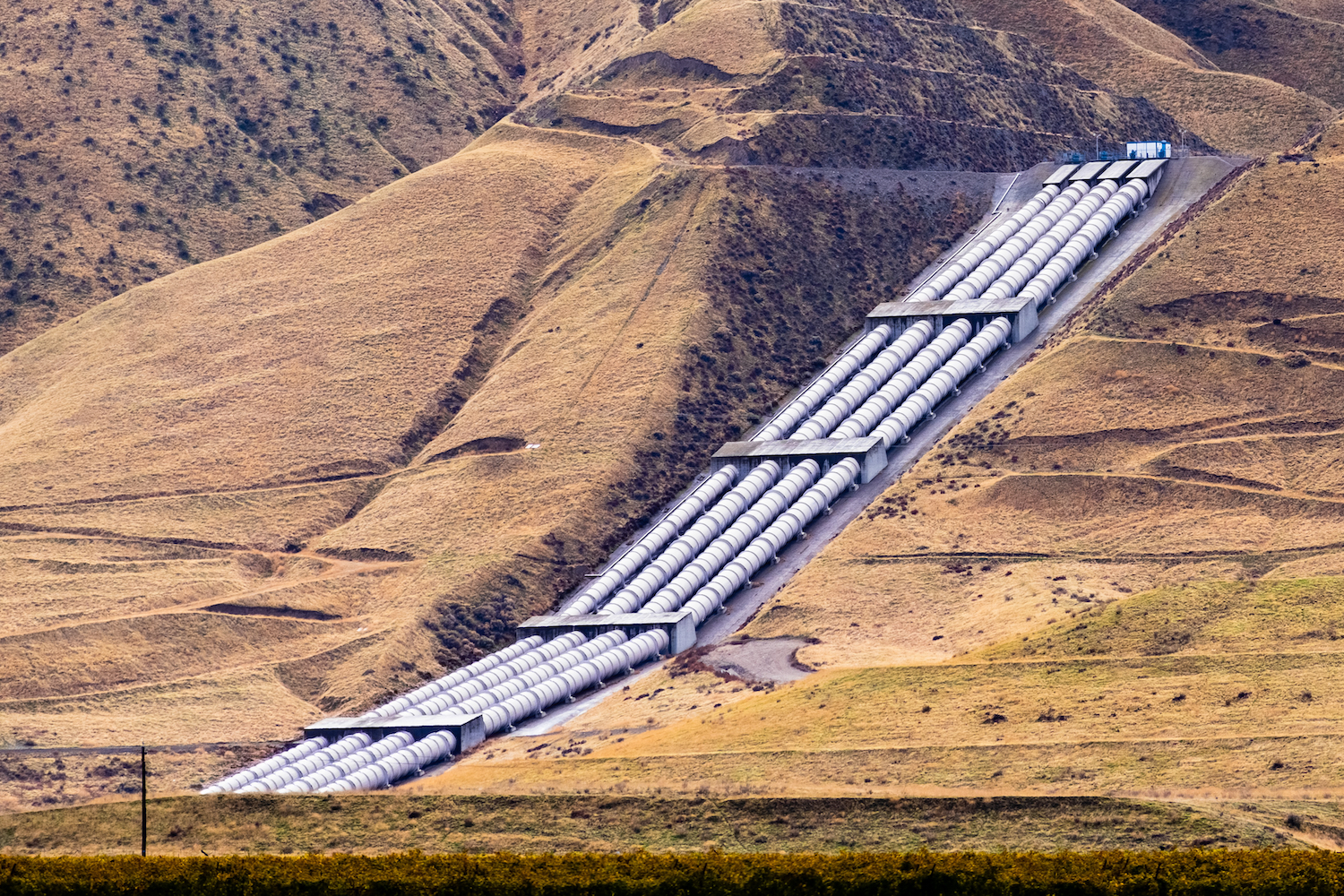ImpactAlpha, Aug. 28 – The fire that ravaged western Maui this month exposed simmering tensions over rights to dwindling water supplies. In fast-growing Phoenix, Arizona, new housing developments are being curtailed over concerns about future water supplies. A massive dam being constructed by Ethiopia at the start of the Nile river is sparking tensions and conflict in the arid region.
A quarter of the world’s population is facing elevated water stress, according to a new study by the World Resources Institute. By 2050, some $70 trillion in GDP, about a third of global revenues, will be exposed to high water stress. More than 2 billion people around the world lack safe drinking water.
Water issues, long overshadowed by climate change concerns, can no longer be ignored. “The future seems to be in climate-nature nexus investments where water is an essential building block,” Monica Altamirano of WaterEquity tells ImpactAlpha.
The water-focused asset manager backed by Matt Damon was among the growing roster of private sector financial institutions and corporations that attended World Water Week in Stockholm.
Members of the CEO-led Water Resilience Coalition have invested in WaterEquity’s $150 million Global Access Fund IV to increase access to safe water and sanitation in Asia, Africa, and Latin America. The balance sheet investments from companies including anchor investor Starbucks, Ecolab, Gap Inc., Reckitt and DuPont, unlocked a $100 million commitment from the US International Development Finance Corporation.
In a recent survey by CDP, global CEOs identified $2.3 trillion in commercial opportunities from increasing water efficiency and resilience, creating new products and expanding into new water-related markets, according to a recent survey. In addition, 1,100 of those CEOs said their annual performance reviews are linked to the achievement of water goals, said CDP, which conducted the study and presented the findings at Water Week.
The five-day gathering built on a UN-hosted water conference in March as well as on research by the Global Commission on the Economics of Water. “Every view of climate change that excludes water is incomplete,” said Johan Rockström with the Potsdam Institute for Climate Impact Research, and co-chair of the commission.
Just Water Partnerships
The commission recommends pricing water to reflect its value, mandating disclosure of water footprints, and developing multilateral governance of water resources. Another suggestion: the creation of Just Water Partnerships to enable low- and middle-income countries to invest in water access, resilience, and sustainability. The partnerships are modeled on the Just Energy Transition Partnerships that are being designed to help such countries transition to renewable energy.
Strategic planning for resilient cities and healthy watersheds should be in tandem with investment planning, she adds. “By engaging with the private sector, governments can tap innovative business models and financial mechanisms and unlock additional sources of finance,” says Altamirano. “Blended finance, project preparation support and water-climate specialized asset managers such as WaterEquity will play an important role in bridging this divide.”
In July, the Green Climate Fund helped seed a water reuse blended finance fund for South Africa. Run by the Development Bank of Southern Africa, the fund aims to mobilize $1.5 billion from private investors for water projects in the parched country.
This month, the Public Utilities Commission of the City and County of San Francisco issued a $57 million water green bond that, among other things, will replace a vulnerable dam with a new one that protects steelhead trout.

